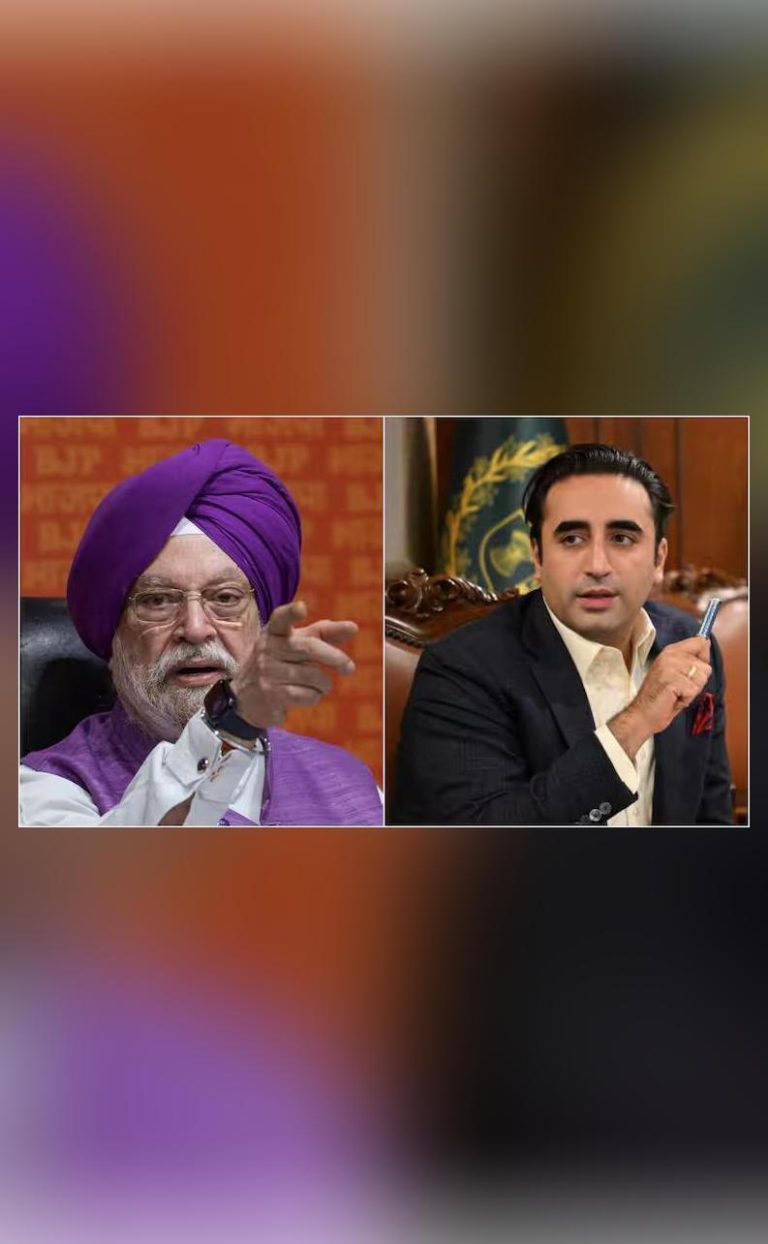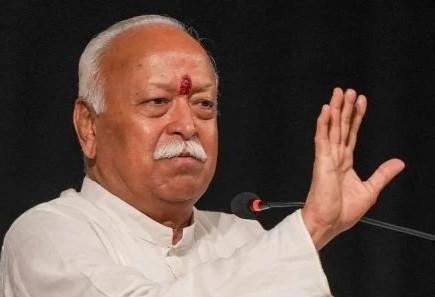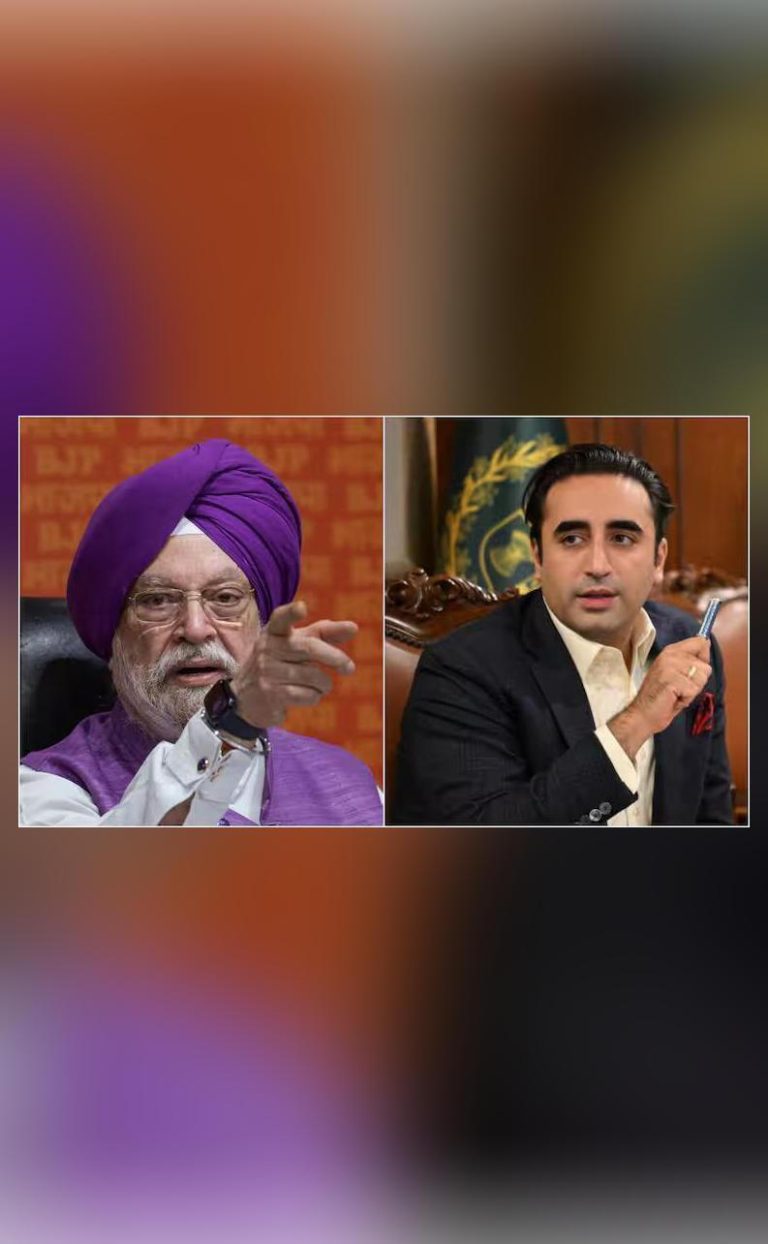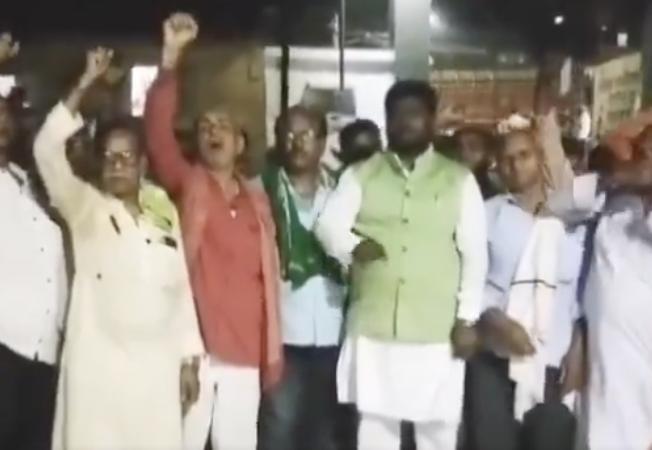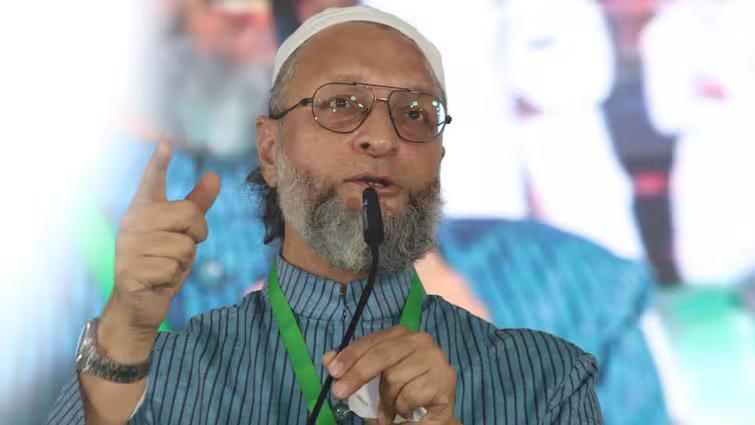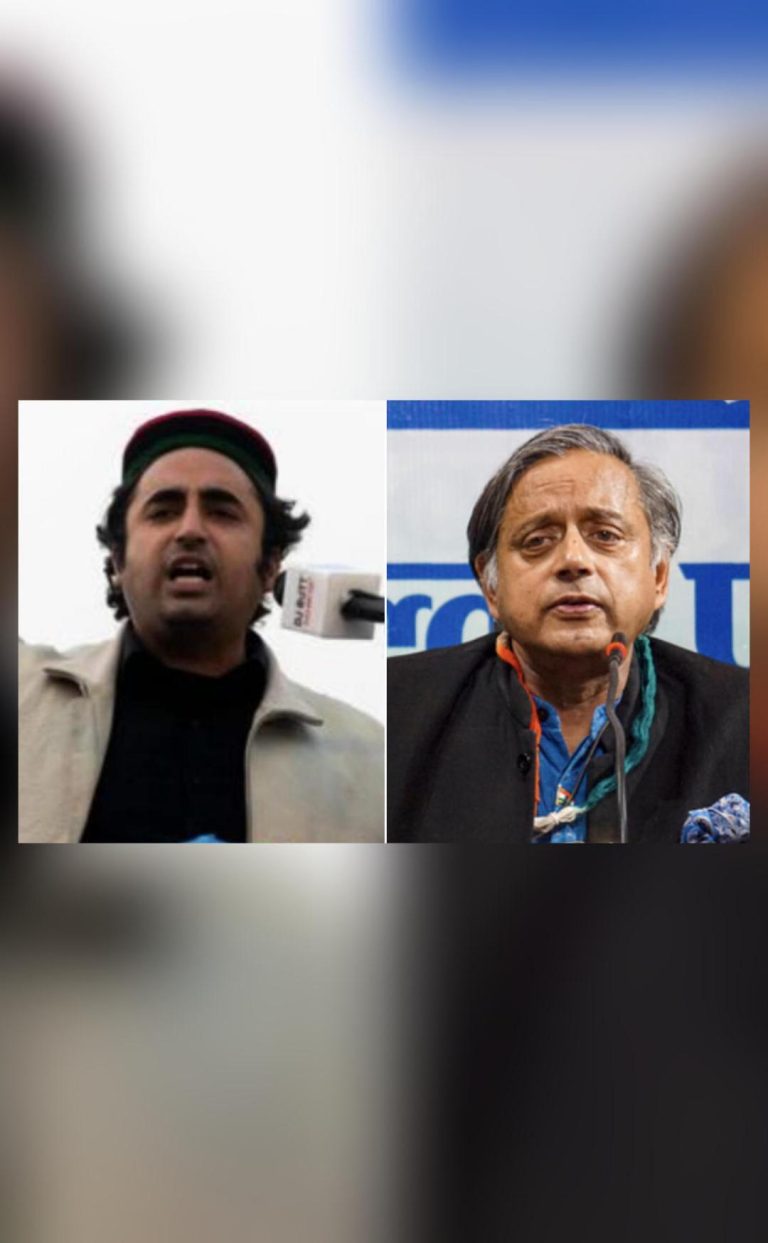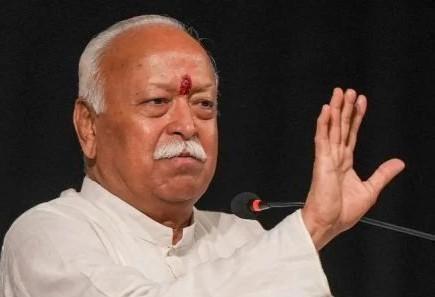
If Someone Turns to Evil Then We’ll Teach a Lesson: Bhagwat on J&K Attack
In the wake of the recent terror attack in Pahalgam, Jammu and Kashmir, RSS chief Mohan Bhagwat has made some bold statements that have sent shockwaves across the nation. While reiterating that non-violence is India’s religion, he also emphasized the need to teach a lesson to “oppressors and hooligans” who resort to evil acts.
Bhagwat’s comments came as a response to the terror attack that claimed the lives of several innocent people in Pahalgam, which has been a popular tourist destination. The attack has sent a sense of fear and unease among the people of Jammu and Kashmir, and the RSS chief’s statements have added fuel to the fire.
Non-violence is India’s religion, Bhagwat said, but he also emphasized that the country cannot let evil forces go unchecked. “We never harm or disrespect our neighbors, but if someone is bent on being evil, what is the cure?” he asked. “The king’s duty is to protect the people, and he will do his duty,” he added.
Bhagwat’s statements have sparked a debate on the need for a strong response to terror attacks. While some have praised his boldness, others have criticized his comments for being provocative and inflammatory.
The RSS chief’s comments have also raised questions about the nature of non-violence. While non-violence is a core principle of Indian ethos, it is also important to recognize that sometimes, extreme situations may require extreme measures. Bhagwat’s comments seem to suggest that the country needs to adopt a more robust approach to deal with terror attacks.
In an age where terrorism is becoming increasingly sophisticated, it is no longer sufficient to simply condemn terrorist acts and move on. The country needs to adopt a multi-pronged approach to deal with the menace, including strengthening intelligence agencies, improving border management, and countering terrorist propaganda.
Bhagwat’s comments also raise questions about the role of the government in protecting its citizens. While the government has a constitutional obligation to protect its citizens, it is also important to recognize that the government cannot do everything on its own. It needs the support of civil society, including organizations like the RSS, to tackle the menace of terrorism.
The RSS, which is known for its Hindutva ideology, has been criticized in the past for its alleged role in promoting communal violence. However, Bhagwat’s comments seem to suggest that the organization is willing to put aside its ideological differences and work with the government to tackle the menace of terrorism.
Bhagwat’s comments have also sparked a debate on the need for a strong and robust security apparatus. The country needs to invest in its security infrastructure, including intelligence agencies, border management, and counter-terrorism units. It also needs to work with international partners to share intelligence and coordinate efforts to tackle the menace of terrorism.
In conclusion, Bhagwat’s comments on the recent terror attack in Pahalgam are a reflection of the country’s frustration and anger at the senseless violence that has been perpetrated against its citizens. While non-violence is a core principle of Indian ethos, it is also important to recognize that sometimes, extreme situations may require extreme measures. The country needs to adopt a multi-pronged approach to deal with the menace of terrorism, including strengthening intelligence agencies, improving border management, and countering terrorist propaganda.
News Source: https://youtu.be/SpAKVWl5wII
